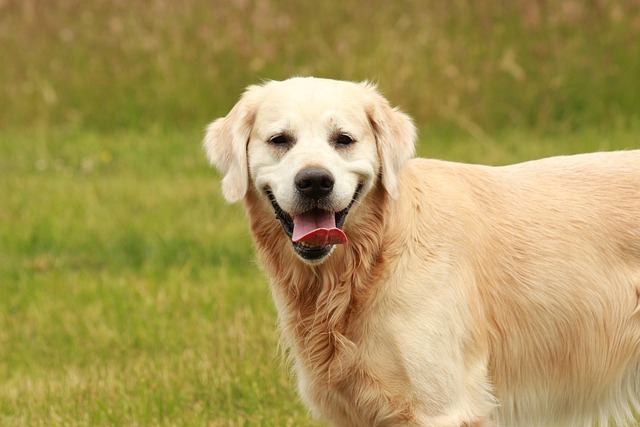
What is glaucoma in a dog?
You might notice your dog squinting more at mealtime or avoiding bright sunlight—these small changes could be early signs of a serious eye condition.
You notice Buddy constantly scratching behind his ears during your evening Netflix session, leaving tiny flakes on your apartment couch. Sound familiar? Dry skin plagues many dogs, especially in climates with harsh winters or dry indoor heating common across US homes. A dog's skin barrier needs lipids (natural oils) to stay healthy – when compromised by low humidity, poor diet, or frequent bathing, it gets flaky and itchy. Think of it like your own chapped lips, but covering their whole body! Common culprits include environmental factors (like Colorado's dry mountain air), allergies (to food or Chicago's ragweed), or using the wrong shampoo during bath time. Breeds like Bulldogs or German Shepherds are often more prone. While it's tempting to reach for your own lotion, human products often contain harmful ingredients like xylitol or fragrances – a big no-no for pups.
Start with smart hydration from the inside out. Swap Buddy's bargain kibble for a quality food rich in omega-3 and omega-6 fatty acids – look for ingredients like salmon oil, flaxseed, or certified supplements. Adding a teaspoon of plain coconut oil (check with your vet first!) to his dinner can work wonders over weeks. For topical relief, ditch the harsh soaps. Opt for moisturizing oatmeal or aloe vera-based shampoos specifically formulated for dogs – brands like Earthbath are widely trusted in US pet stores. Bathe him less frequently, ideally every 6-8 weeks, using lukewarm water. After rinsing thoroughly, apply a vet-approved, fragrance-free dog-specific moisturizing spray or leave-in conditioner while his coat is damp, massaging it gently into the skin. Always pair this routine with calm praise and tiny training treats! Yanking mats or scolding him for squirming creates negative associations, making future sessions harder. Positive reinforcement makes grooming stress-free, aligning perfectly with modern US animal welfare standards that reject punitive methods.

Living responsibly with a skin-sensitive dog goes beyond the bathroom. While applying Buddy's moisturizer on your apartment balcony (always wipe up spills to avoid sticky messes on shared surfaces!), remember your broader community duties. Scooping his poop every single time in your apartment complex's dog run or the local park isn't just neighborly – it's legally required under "poop scoop" ordinances in cities like Seattle or Boston. Keep biodegradable bags clipped to every leash. Ensure Buddy’s vaccinations, especially rabies, are meticulously up-to-date as mandated by your state law – essential for his health and public safety. When walking your potentially itchy, slightly fragrant (thanks to his new conditioner!) pup, maintain polite distance from others unless invited. Keep him leashed as required in public spaces, and be mindful if he tries to rub against someone's fancy coat! If Buddy’s scratching escalates to raw spots, hair loss, or foul odor, skip Dr. Google and visit your vet. Persistent issues could signal allergies or infections needing professional care, reflecting your commitment as a proactive pet owner.

You might notice your dog squinting more at mealtime or avoiding bright sunlight—these small changes could be early signs of a serious eye condition.

Let’s set the scene: It’s a sweltering Phoenix afternoon—105°F outside—and you rushed your 2-year-old Lab mix, Cooper, on a quick walk to “get it over with.”

Let’s get real: You’re in your Miami apartment, watching your 3-year-old Corgi, Loki, struggle to climb the stairs to your second-floor unit.

Many dog owners brush off occasional scratching as just “dog behavior,” but persistent itching often signals something more—like a food allergy.

You might first notice your dog scratching more than usual—chewing at their paws until the fur looks thin, or rubbing their face against the couch nonstop.

Let’s be real: You’re standing in your Chicago apartment, watching your 3-year-old Beagle, Max, huff and puff just to climb onto the couch.